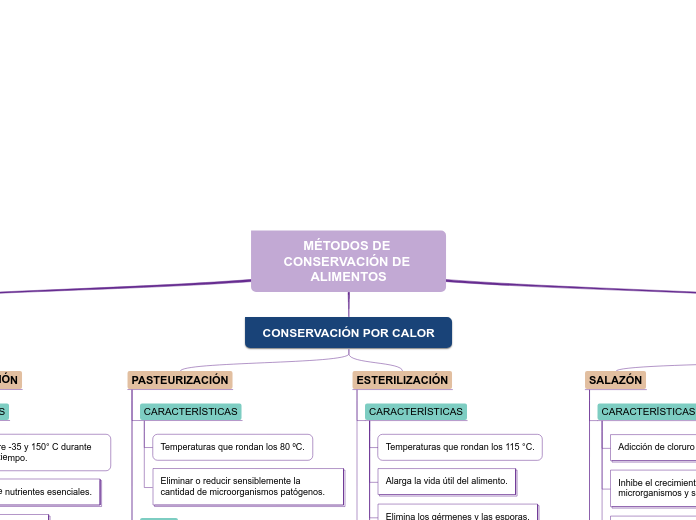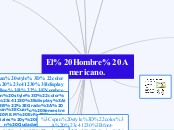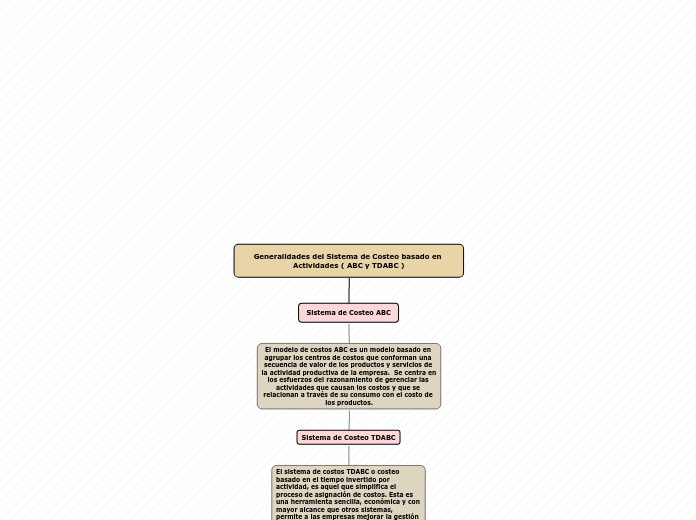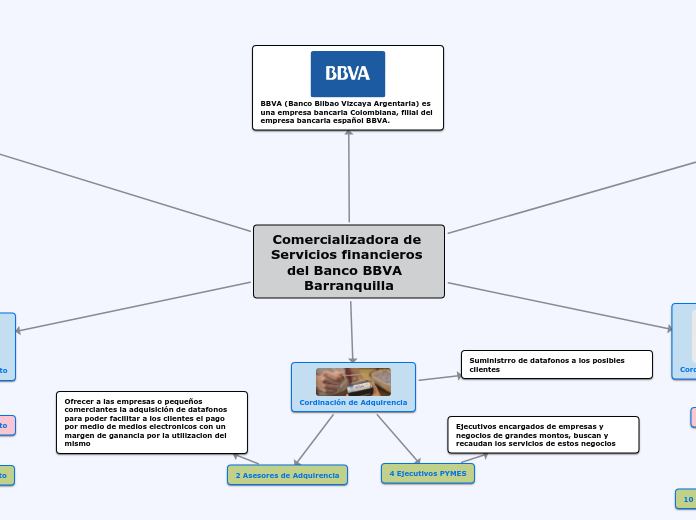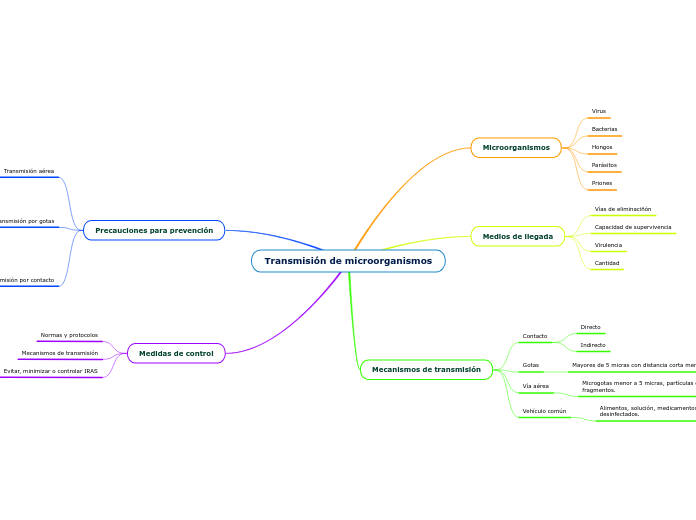MÉTODOS DE CONSERVACIÓN DE ALIMENTOS
Type in the name of the multiple-perspectives text.
Example: Bridge to Terabithia by Katherine Paterson
MÉTODOS QUÍMICOS
ACIDIFICACIÓN
Subtopic
adobos
marinados
escabeches
encurtidos
Contribuye a mantener la calidad del producto.
Añadiendo al alimento de sustancias acidas como el vinagre.
Reducir y eliminar, casi en su totalidad el pH del alimento.
Impide el desarrollo de microorganismos.
AHUMADO
costillares
lomo de cerdo
salmón ahumado
chorizos
CALIENTE: Consiste en cocinar al producto a altas temperaturas entre los 70 y 110 °C, dura de 24 a 48 h.
FRÍO: Consiste en ahumar a baja temperatura entre los 10 y 30 °C, dura aproximadamente de 24 a 48 h.
Confiere un aroma y sabor peculiar al alimento.
El humo actúa como esterilizante y antioxidante.
SALAZÓN
pescado salado
jamón
huevas de pescado secas
anchoas secas
HÚMEDA: Consiste en regar el alimento con salmuera de agua y sal.
SECA: Consiste en untar el alimento con sal.
Type in a relevant quote that highlights the character's point of view towards
MÉTODOS QUÍMICOS.
Try following a citation format: author's name, chapter, and page.
Example: 'Jesse drew the way some people drank whiskey. (...) Lord, he loved to draw. (...) When he was in first grade, he told his father that he wanted to be an artist when he grew up.' (Paterson, 2. 7)
La sal capta el agua provocando la deshidratación del alimento.
Inhibe el crecimiento de los microrganismos y sistemas enzimáticos.
Adicción de cloruro sódico
CONSERVACIÓN POR CALOR
ESTERILIZACIÓN
mermeladas
almíbares
zumo
Tienen una duración aproximada de seis meses.
No necesitan de frio.
Elimina los gérmenes y las esporas.
Alarga la vida útil del alimento.
Temperaturas que rondan los 115 °C.
PASTEURIZACIÓN
hortalizas encurtidas
vino
cerveza
jugos de frutas
leche
UHT: El líquido se somete a 150 °C durante 2 seg.
HTST: El líquido se calienta a una temperatura entre 71 y 89 °C durante 15 seg.
VAT: Calentar el alimento líquido hasta los 63 °C.
Eliminar o reducir sensiblemente la cantidad de microorganismos patógenos.
Temperaturas que rondan los 80 ºC.
CONSERVACIÓN POR FRÍO
Identify an important issue from the text that is being presented from different angles. Type it in.
Example: Jesse's drawing talent.
ULTRACONGELACIÓN
Whose character does the third point of view belong to?
Type in his/her name.
Example: Mr. Aarons, Jesse's father.
precocinados
vegetales
pescados
pan
What does the character think, say or do that suggests their perspective on the issue?
Type in a quote and try to maintain the citation format.
Example: 'He would like to show his drawings to his dad, but he didn't dare. (...) He'd thought his dad would be pleased. He wasn't. What are they teaching in that damn school? he had asked.' (Paterson, 2.8)
El agua forma micro cristales no dañando la estructura de las células del alimento.
Evita la reproducción de microorganismos.
Mantiene la textura y el olor.
Evita la pérdida de nutrientes esenciales.
Temperaturas entre -35 y 150° C durante breve periodo de tiempo.
What kind of narration introduces the viewpoint?
Choose an answer:
First person point of view - using the personal pronouns 'I' or 'we'Second person point of view - using the personal pronoun 'you'Third person point of view - using the third-person pronouns 'he', 'she' and 'they'Omniscient point of view - an all-seeing observer tells the story
CONGELACIÓN
Decide on the second point of view
Name the character (it can either be the main character or one of the supporting characters) whose point of view you are presenting.
Example: Miss Edmunds, Jesse's music teacher.
pescado
pollo
carnes
TIPOS
RÁPIDA: Enfriamiento brusco y se suelen congelar los productos en menos de 4 h.
LENTA: Se utiliza cuando son productos de gran tamaño y se almacenan en grandes congeladores.
Type in a quote that points out the character's position about the issue.
Try to follow a citation format: author's name, chapter, and page.
Example: 'She said he was unusually talented, and she hoped he wouldn't let anything discourage him.' (Paterson, 2. 8)
Largo plazo.
El agua forma cristales de hielo.
Mantiene la calidad y no altera el sabor ni el olor.
Detiene la actividad bacteriológica y enzimática.
Temperatura óptima de – 18C°.
How is the viewpoint introduced in the story?
Choose an answer:
First person point of viewSecond person point of viewThird person point of viewOmniscient point of view
REFRIGERACIÓN
Decide on the first point of view you are going to present.
Type in the name of the character (it can either be the main character or one of the supporting characters) whose point of view belongs to.
Example: Jesse Oliver Aarons, Jr., the main character of the novel, a fifth-grader living in a rural Southern area.
PRODUCTOS
embutidos
bebidas (vino, cerveza, zumo)
quesos frescos
CARACTERÍSTICAS
Type in a relevant quote that highlights the character's point of view towards
CONSERVACIÓN POR FRÍO.
Try following a citation format: author's name, chapter, and page.
Example: 'Jesse drew the way some people drank whiskey. (...) Lord, he loved to draw. (...) When he was in first grade, he told his father that he wanted to be an artist when he grew up.' (Paterson, 2. 7)
Corto o medio plazo desde días hasta semanas.
No produce alteraciones ni modificaciones en los alimentos.
Disminuye la actividad de los microorganismos.
Reduce la velocidad de las reacciones químicas.
Temperaturas entre 0°C y 8 °C sin llegar a congelarse.
What type of narration introduces the viewpoint?
Choose an answer:
First person point of view - using the personal pronouns 'I' or 'we'Second person point of view - using the personal pronoun 'you'Third person point of view - using the third-person pronouns 'he', 'she' and 'they'Omniscient point of view - an all-seeing observer tells the story
